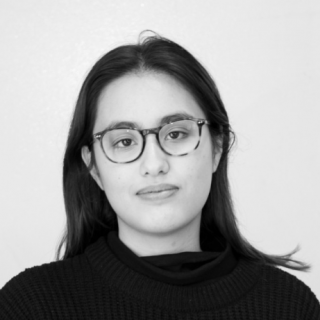
Olivia De Zilva
Olivia De Zilva is a writer, curator and poet living in Adelaide.
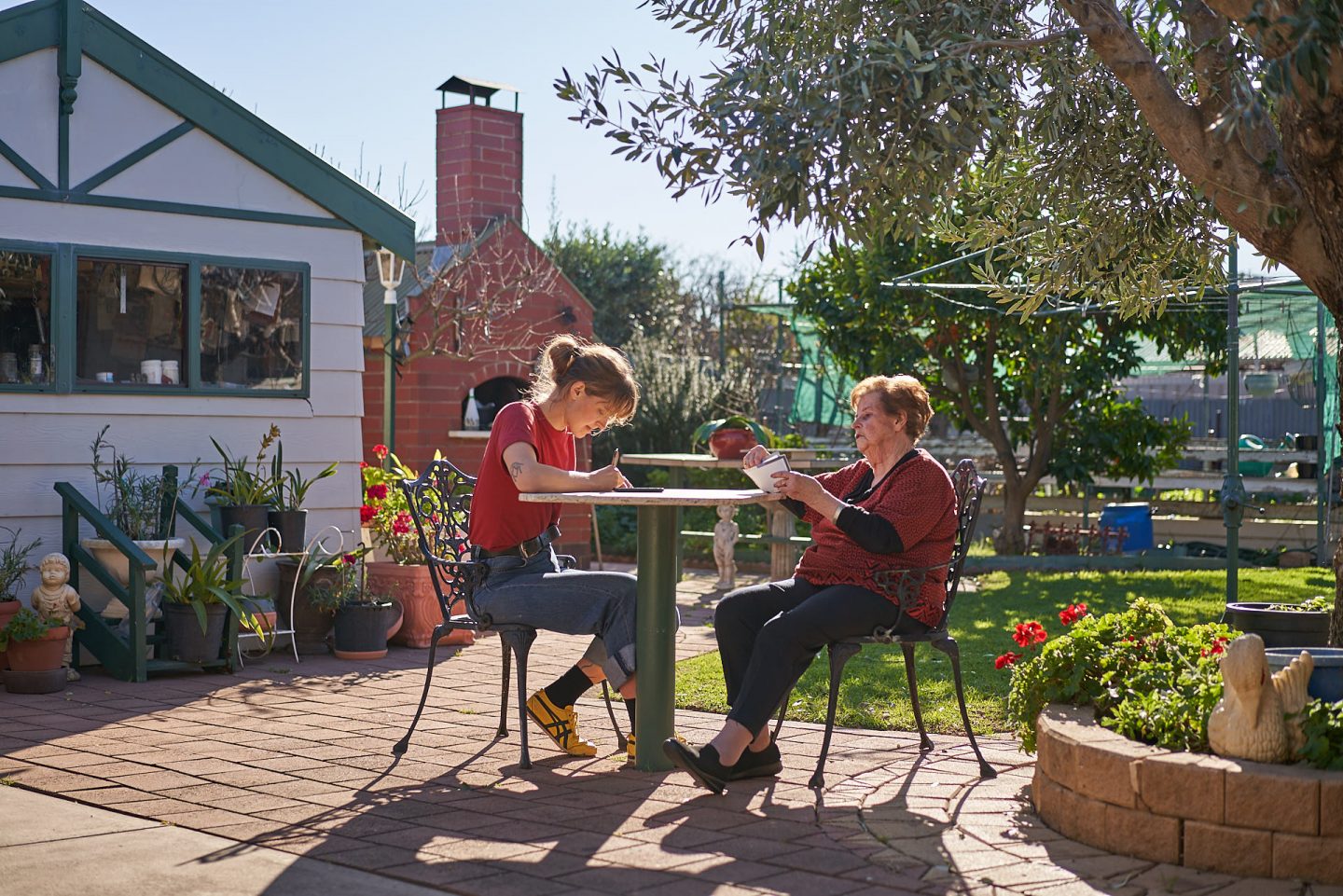
Emmaline Zanelli’s study of intergenerational legacies – from the vantage point of her Nonna’s backyard – will be featured as part of ACE Open’s 2020 South Australian Artist Survey exhibition If the future is to be worth anything.
“I started working with my Nonna because initially I was curious to find a through-line between her career and mine,” Zanelli tells The Adelaide Review. “Themes that have emerged in the work are of value and purpose, and how these things are connected to work and exchange, especially in the context of the elderly.”
For her latest project Dynamic Drills, Zanelli has been creating videos of her Nonna that examine the idea of labour in both a domestic and manufacturing setting. From her days working at the GH Michell Wool Factory to a retirement spent at her Fulham Gardens home, these portraits of Zanelli’s Nonna are a study of legacy and labour, and the process of transferal of memories from one person to another.
“We filmed my Nonna acting as a laundry worker and then washing all these towels in the industrial washers, packing these big suitcases and weighing them,” she says. “Those videos won’t be in the final project, but that day and that social space really teased out new facets of these themes of work, care, and value.”
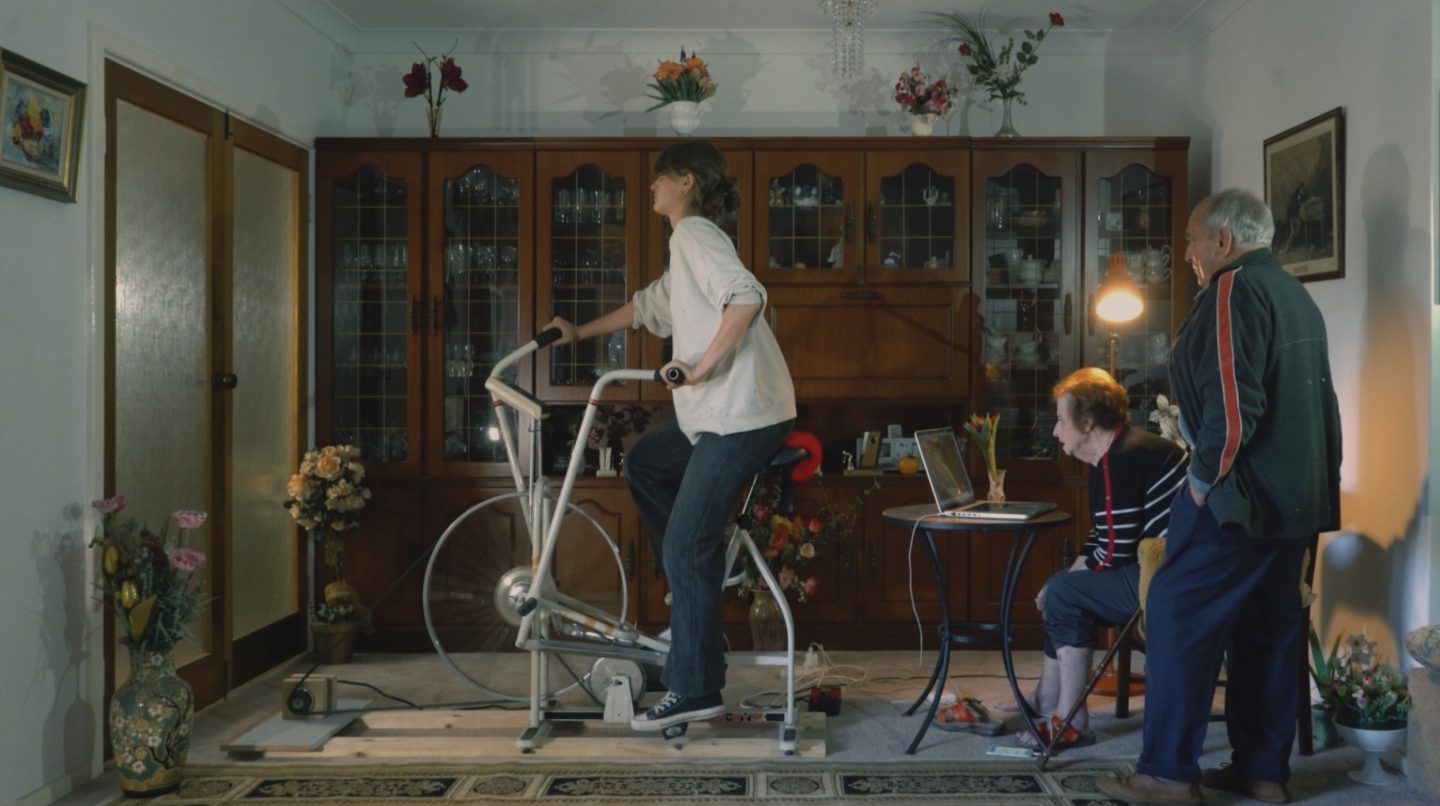
Zanelli, known for her abstract, experimental approach to her work, delivers a purposefully nostalgic performance from her and her Nonna. As they lie side-by-side together on a reclining bed designed for those in assisted care, and pour apricots into a processing machine, they are uncannily similar in their movements: deliberate, choreographed.
“We draw on some key elements of manufacturing – such as working with machines, and repetitive bodily action,” states Zanelli. “I realised Nonna has done a lot more factory work and at a larger variety of places than I initially knew. The versatility of her as a manufacturing worker influenced my interest in representing and abstracting a kind of generic factory ‘work’”
While hinting at this idea of work, Zanelli notes how familial representation of art has become more pertinent during quarantine, where many have had to return home to live in a unit again. Moving back to Adelaide from Melbourne, Zanelli’s approach to work and family significantly shifted.
“At the start of the project, I had been spending a few days each month with my grandmother. Now I am a 12-minute bike ride away, so I am able to spend a lot more time with her,” Zanelli says.
“She’s been watching live streamed masses from the Vatican daily, while I attend all my uni lectures and critiques on Zoom. I think this period has brought forward some of the themes that were initially more in the background – of care, support, and the role having a job plays in ensuring people feel valued. Prior to this period, I was interested in how treating the act of remembering as a job, transferring memories as a job, could function to make people feel valued and connected. But themes of work and value became central for me once I lost work and connection to my professional and volunteer community.”
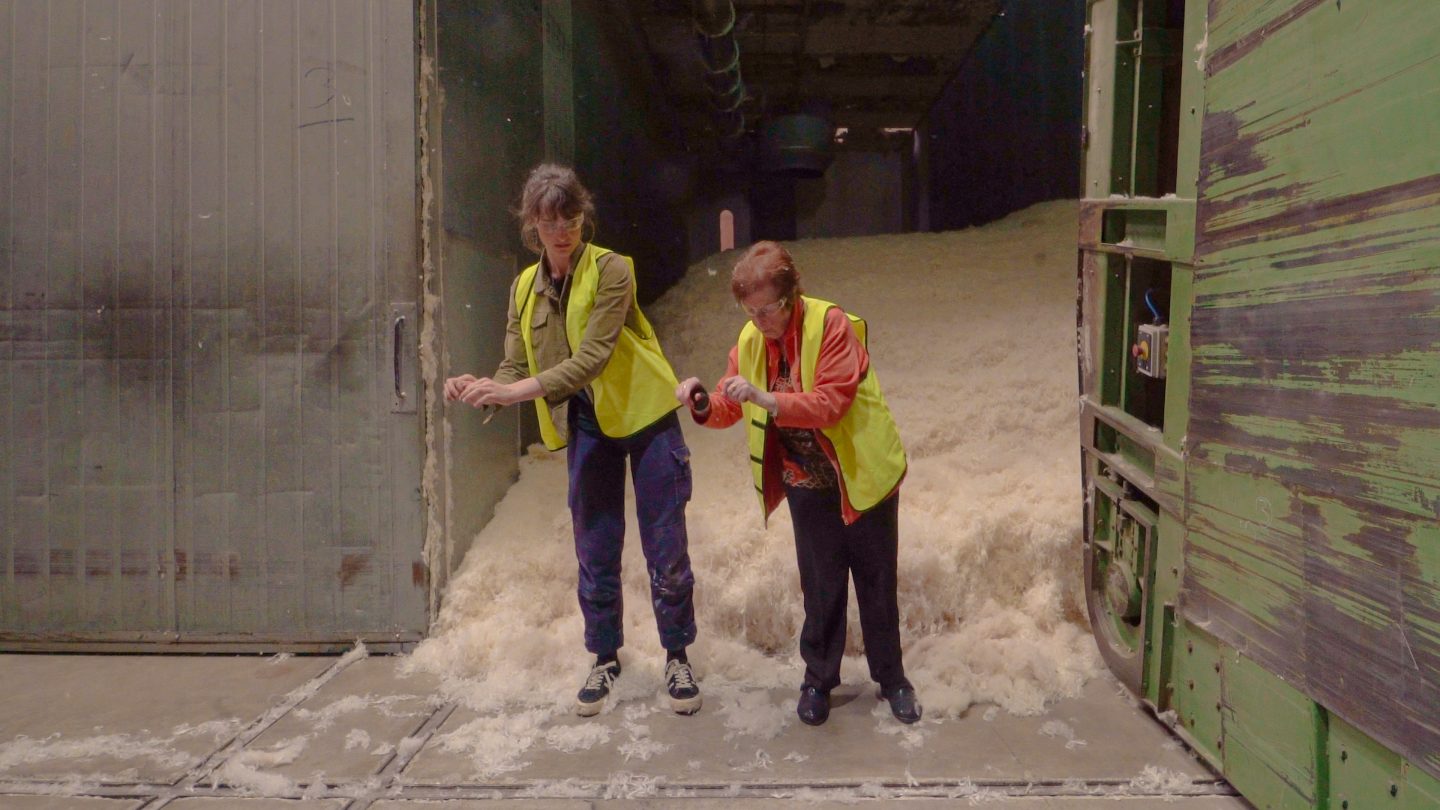
Working with her Nonna has also highlighted the importance of intergenerational connection. “I think it is crucial to explore our relationship to the elderly in our communities – there is so much room for open and creative discussion about how we can stay connected and engaged, despite a general societal move in the West towards cultural structures where people are often socially and physically isolated,” she says.
“It feels important to me to create space for my grandmother and I to refresh our relationship and approach one another as adults with a deep love and connection with one another that can be challenged. It’s important to make art with your family, biological or otherwise”
Dynamic Drills was originally slated to appear in ACE Open’s 2020 South Australian Artist Survey as part of SALA Festival. The survey exhibition, entitled If the future is to be worth anything, will now run from 12 September through 12 December, with Zanelli’s work featured alongside Aida Azin, Carly Dodd, fine print, Kate Bohunnis, Matt Huppatz, Sandra Saunders, Sundari Carmody, Tutti Arts and Yusuf Hayat, With the potential of a second wave now looming over Australia, the exhibition’s forward-looking premise – and what that future will look like – is a theme Zanelli has found herself reflecting on.
“I wonder whether this time of worldwide lockdowns due to the COVID-19 pandemic will create a shift , provoking artists to make work about their own community, their small radius of daily life, their own memories. I think there’s been a rising wave that is pushing for the application of contemporary ethics to photographic practices, pushing against the culture where photographers search for or are sent on assignments to communities and cultures and issues far outside the boundaries of their knowledge and expertise.
“I hope after being forced to stay in their own zone, artists will emerge with a new intrigue [for] their locale.”
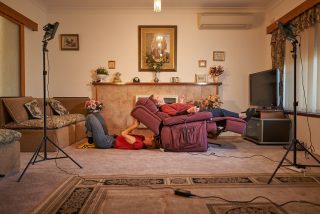

Olivia De Zilva is a writer, curator and poet living in Adelaide.